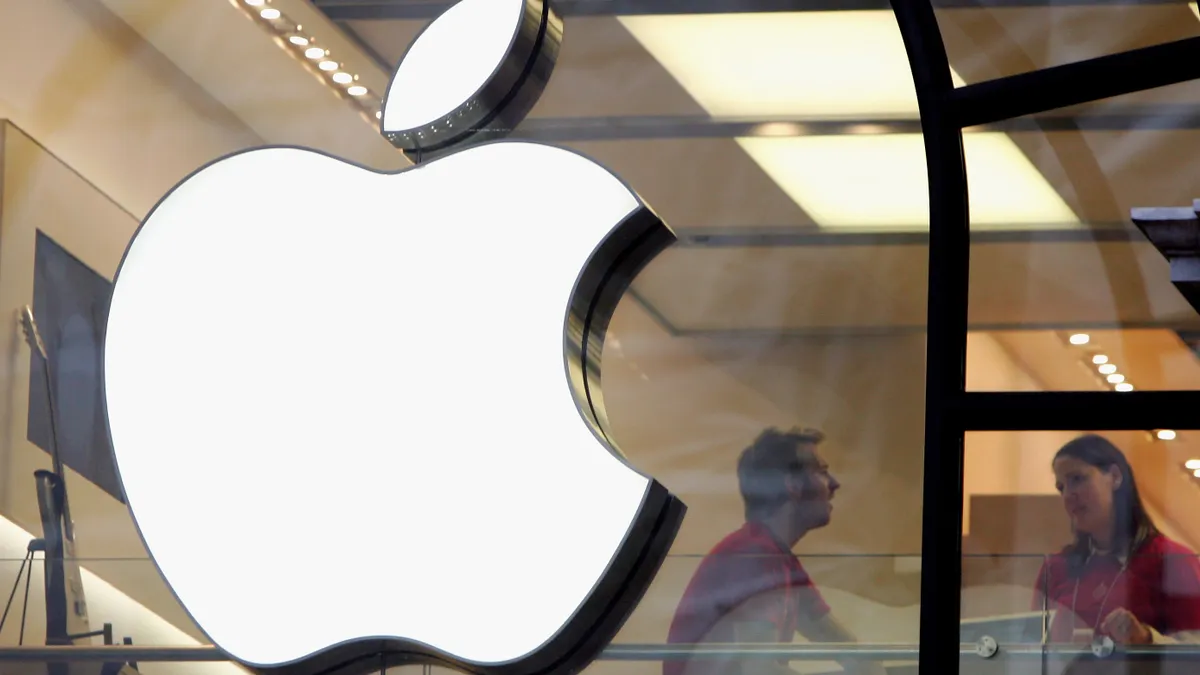Millions of people in the U.S. have overpaid to buy an Apple iPhone, and are continuing to overpay for related services, because Apple has monopolized the smartphone market, plaintiffs allege in a pair of proposed class actions filed last week.
The lawsuits come on the heels of the federal government’s antitrust complaint against the technology company also filed last week.
“Unless Defendant’s anticompetitive conduct is stopped, Plaintiff and the Classes will incur future overcharges in their direct purchases of iPhones,” the cases allege in March 22 court filings in the federal district courts in New Jersey and Northern California.
Like the March 21 complaint by the Department of Justice, plaintiffs accuse Apple of using contractual terms and technical restrictions to keep third-party developers from offering better products and services as well as lower prices than they otherwise would.
“Rather than competing on the merits, Apple used anticompetitive techniques to lock consumers and developers into its ecosystem, thwart nascent competitive threats, and build a ‘moat’ around the iPhone that would ensure monopoly profits for years to come,” the lawsuit filed on behalf of Shoshi Goldfus and the proposed class of plaintiffs said in the New Jersey filing. The Northern California case was filed on behalf of plaintiffs Deborah and Hunter Collins and Henry Morales.
Among other things, Apple prevents developers from offering apps or payment systems or cloud programs that can be used on any platform equally, because allowing that would risk shrinking the profits the company extracts from app fees and turning the iPhone into a commodity as consumers treat smartphones as interchangeable platforms for accessing apps.
Antitrust specialists say the federal government faces significant hurdles in its case against the company, which suggests the proposed class actions face similar hurdles.
University of Arizona Law Professor Barak Orbach says the growth of Apple’s ecosystem is concerning, but to win in court, plaintiffs will need to show more than that. “I'm not so sure that I see in the [DOJ] complaint very strong claims,” Orbach said in an interview with Payments Dive. “It could be that they have some smoking gun evidence. But until it is introduced, it will be very difficult to win in court.”
What’s more, to the extent Apple obtained its monopoly lawfully, which the DOJ lawsuit implies, making the case the business model is now illegal will be a challenge.
“If they got their monopoly lawfully, which … is tacitly admitted in this complaint, then, in what ways did they begin to maintain that monopoly unlawfully?” Lloyd Constantine, an attorney with the law firm Constantine Cannon, told Payments Dive.
Apple has said it would file a motion to dismiss the DOJ case within the next two months.













